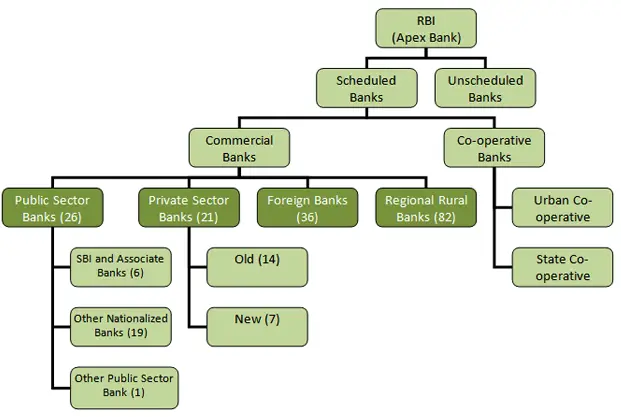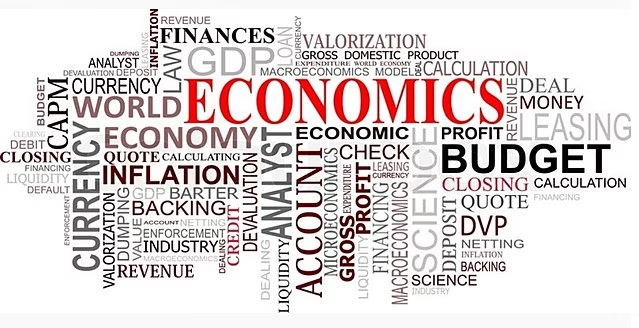Taxation
Taxes are levied by governments on their citizens to generate income for undertaking projects to boost the economy of the country and to raise the standard of living of its citizens. The authority of the government to levy tax in India is derived from the Constitution of India, which allocates the power to levy taxes […]


